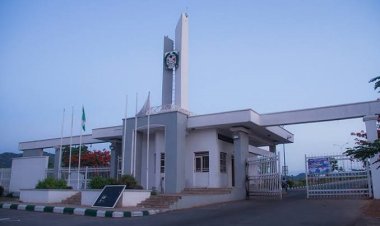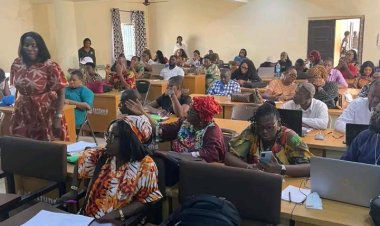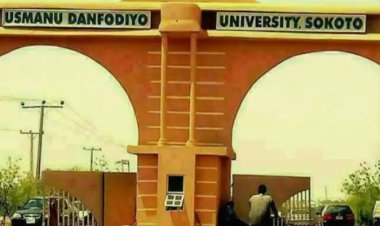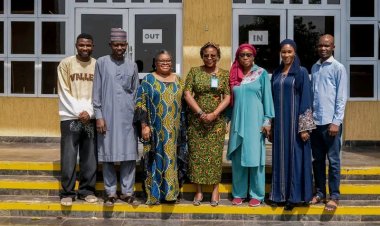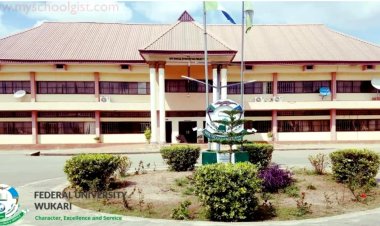Inadequate Funding: is a Major Challenge for Nigerian Universities, NUC Says
he National Universities Commission (NUC) identified that adequate funding is crucial for the growth and development of universities, noting the necessity for substantial funds to effectively execute its core mandates of teaching, research, and community service.
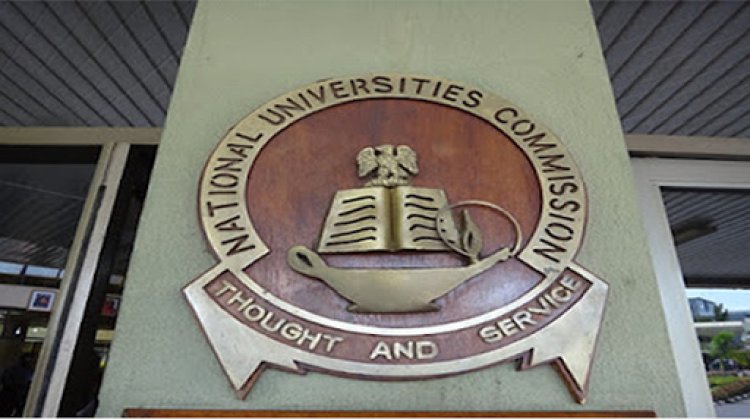
The National Universities Commission (NUC) has identified inadequate funding as a major challenge facing both public and private universities in Nigeria.
The commission underscored that “adequate funding is crucial for the growth and development of universities,” noting the necessity for substantial funds to effectively execute its core mandates of teaching, research, and community service.
RECOMMENDED: Initiatives to Boost Nigerian University System: NUC Plan for More Universities
Dr Biodun Saliu, the Deputy Executive Secretary of the commission, shed light on these issues during the seventh annual registry lecture of Elizade University, Ilara Mokin, Ondo State. The lecture was aptly titled ‘The Nigerian University System and Its Many Challenges: The Way Forward.’
Dr Saliu stated, “Be they public or private universities, the annual budgetary allocations released from their respective proprietors are grossly inadequate. Studies have shown that inadequate funding in Nigerian universities is due to poor government/proprietor allocations, low internally generated revenue, low school fees charges (for public universities), low enrollment for most private universities probably due to high tuition fees/other charges, institutional corruption, poor planning/projection, poor research income, and poor contributions from the private sector, non-governmental organisations, and alumni.”
SEE ALSO: UNESCO Launches Online Course on Educational Planning
He further added, “Inadequate funding leads to the underperformance of all aspects relevant to the quality delivery of university education in Nigeria, including the quality assurance activities of the regulator.”
However, the NUC chief expressed that challenges such as staffing, poor remuneration, and poor research and development in the university system could only be addressed by adequate funding. He suggested, “This can be achieved through improved budget allocation and releases from proprietors of public universities and improved subvention to private universities by their owners. In fact, in the case of the latter, proprietors should be discouraged from seeing the university as a profit-making venture for at least a decade. This move will relieve the pressure on most private universities, allowing them to grow better and faster, ultimately providing more satisfying and sustainable gains to their owners.”
READ MORE: Education: House of Reps Urges Curriculum Review for Nigerian Schools
He recommended that “Improved funding will also address staffing and infrastructural deficits in the university system, as more money would be available for the development of physical facilities, thereby strengthening research and development. Robust research and development will, all things being equal, result in strong university-industry linkages and collaborations.”
In his remarks, the chairman of the lecture and former Vice-Chancellor of the Federal University of Technology, Akure, Prof. Bisi Balogun, noted that the inadequacy of funds could be addressed through effective management strategies. He said, “Funds can never be enough for any organization, but by implementing adequate management strategies, the adverse effects of inadequate funding can be mitigated. The role of stakeholders in the intervention processes cannot be overemphasised

 c.Blessing
c.Blessing 